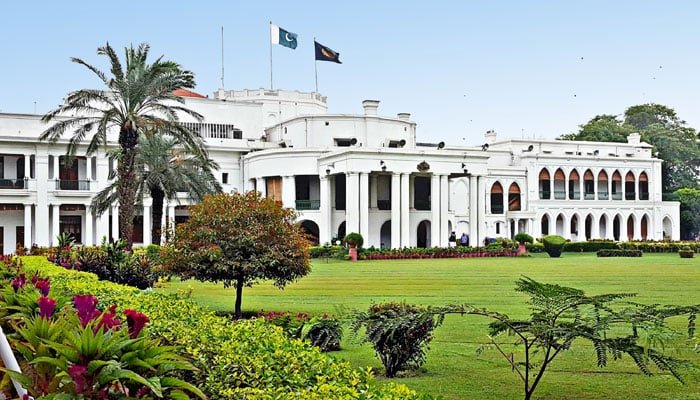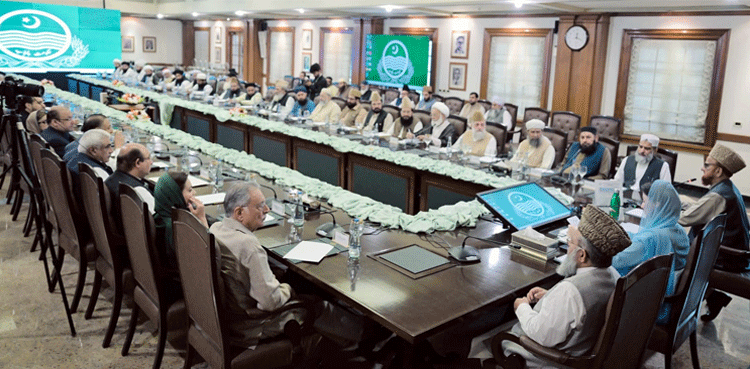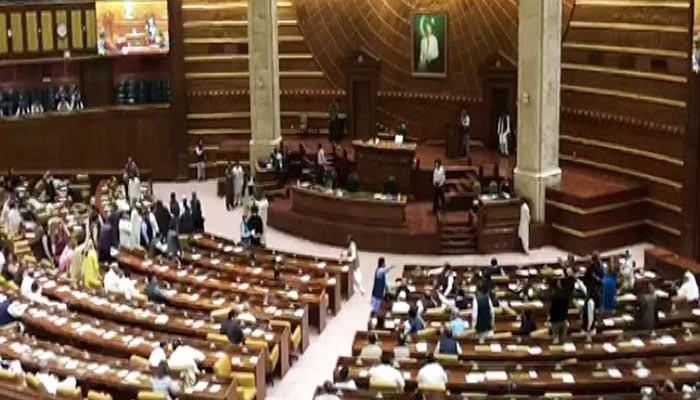The year 2024 marked a transformative period for Pakistan’s judiciary, defined by landmark rulings and significant constitutional challenges.
At the start of the year, Chief Justice Qazi Faez Isa led efforts to ensure the smooth conduct of the general elections, scheduled for February 8, 2024, as determined by the Supreme Court in December 2023. While the judiciary successfully resolved Pakistan Tehreek-e-Insaf’s (PTI) intra-party elections dispute, the decision triggered new controversies. Throughout the year, tensions between the judiciary and the executive shaped the nation’s political and legal discourse.
Post-election stability offered a temporary reprieve, but pivotal Supreme Court decisions reignited debates. Key judgments included the acknowledgment of Zulfikar Ali Bhutto’s trial as unfair, overturning the Supreme Judicial Council’s dismissal of Justice Shaukat Aziz Siddiqui, and restoring constitutional authority to Parliament by invalidating Article 63-A interpretations and reinstating NAB amendments.
A case involving reserved seats and a dispute between PTI, the Sunni Ittehad Council, and the Election Commission of Pakistan brought further challenges. The Supreme Court’s ruling in favour of PTI sparked governmental opposition and heated debates, culminating in the 26th Amendment.
This historic amendment redefined the judiciary’s framework by introducing changes such as modifying the Chief Justice’s appointment process, creating a constitutional bench, and curtailing the powers of the Supreme Court and High Courts.
With the retirement of Chief Justice Qazi Faez Isa, Justice Yahya Afridi assumed the role, emphasizing the inviolability of the balance of power principle. As Chief Justice, Afridi championed reforms, including a comprehensive overhaul of the prison system, yet the controversies surrounding the 26th Amendment persisted.
Senior judges voiced concerns through formal channels, highlighting ongoing internal tensions. The amendment’s fate now lies with the Supreme Court’s constitutional bench, which is set to review the case in early 2025, leaving the judiciary’s future direction uncertain.



